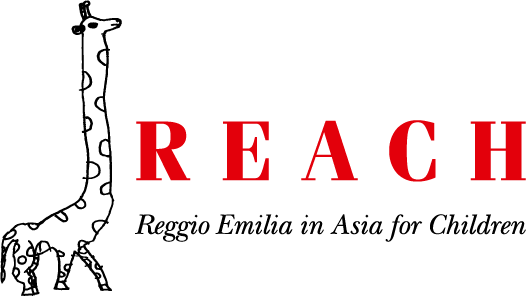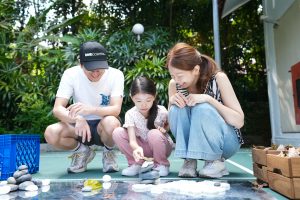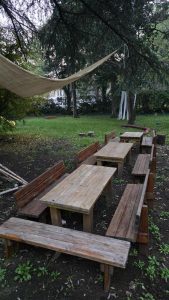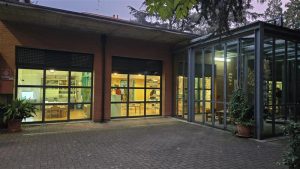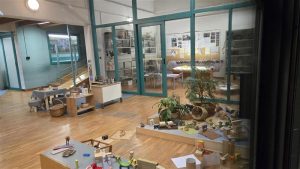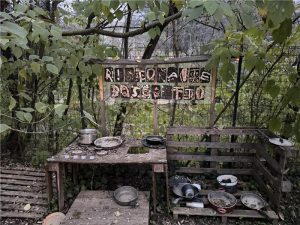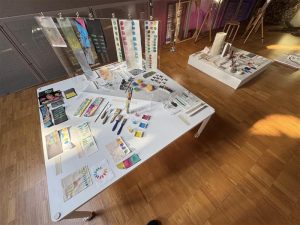My recent trip to Reggio Emilia, Italy, was a truly eye-opening experience that deepened my understanding of the Reggio Emilia Approach and its profound impact on early childhood education. While my pre-school shares many of the same beliefs and values as Reggio Emilia schools, our identity remains distinct—like two leaves from the same tree, similar yet uniquely shaped by our environments.
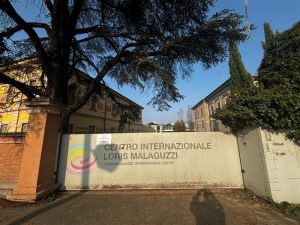
One of the key takeaways from my visit was the idea of creating an identity card for my pre-school. Just as Reggio Emilia schools develop their identity based on their community, history, and values, I was inspired to craft a representation of our own philosophy—one that reflects our unique context while staying true to our shared belief in child-centered learning.
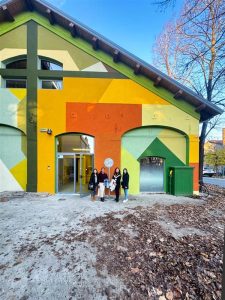
Exploring the Ateliers in Reggio Emilia pre-schools was another highlight. These creative spaces, from clay and natural materials to light and digital media, allow children to express their thoughts in multiple ways. While my pre-school values the same emphasis on creativity and exploration, I recognize that our implementation must be adapted to our own cultural and structural context.
I was particularly struck by how Reggio Emilia pre-schools cross social boundaries when selecting a focus for children’s inquiry. Their approach fosters deep engagement with real-world issues, prompting me to reflect on how I can better involve families and the wider community in shaping children’s learning experiences.
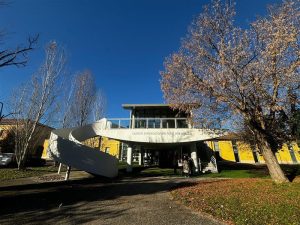
Additionally, my trip reinforced the importance of observation and documentation—a practice we value but can further refine. The intentionality with which Reggio Emilia educators capture children’s learning has inspired me to enhance our own documentation methods, ensuring they truly reflect children’s voices and thinking processes.
I acknowledge the challenges in bridging our aspirations with practical implementation. The biggest hurdle is not just adopting new ideas but shifting mindsets—helping various stakeholders see beyond traditional methods to embrace a more open-ended, inquiry-driven approach. However, despite these challenges, I am inspired to embark on this journey with my team, shaping our own unique interpretation of the Reggio Emilia philosophy.

Like two leaves—rooted in the same philosophy yet shaped by different environments—our pre-school will continue to evolve, staying true to our identity while embracing the spirit of Reggio Emilia’s innovative approach.
Reflection by:
Elmilia Binte Abu Bakar
Centre Leader
E-Bridge Pre-School Sengkang Square
